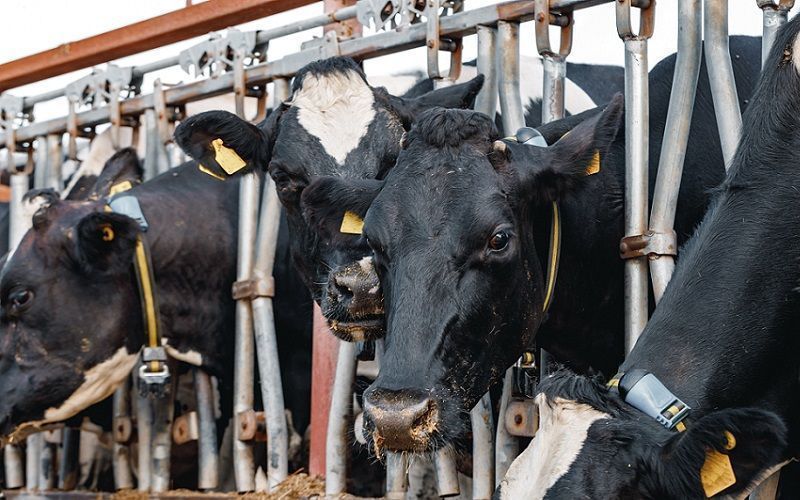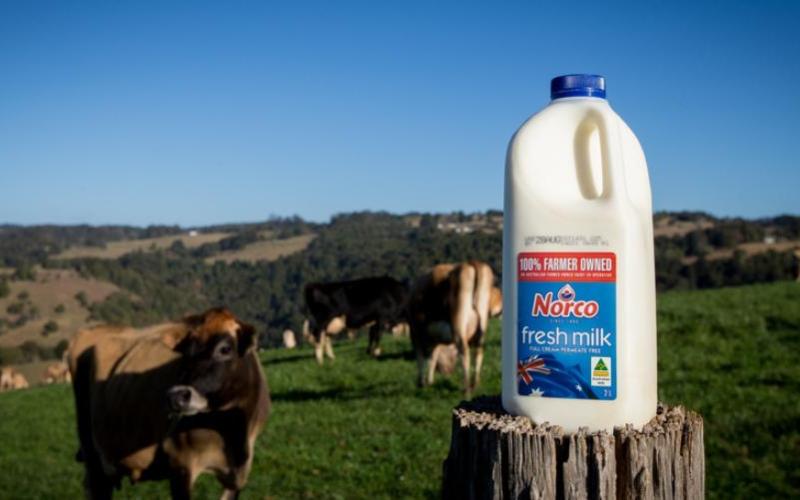Wisconsin Farmers Await New Farm Bill Amid Congressional Delays
Sourse: The DairyNews
Wisconsin's agricultural landscape is evolving, but not necessarily for the better. With a quarter of the nation's dairy farms and numerous closures in recent years, the need for a new farm bill is pressing. Yet, as farmers like Jacob Knigge witness the dwindling numbers of farms in their communities, congressional action remains elusive.

The omnibus farm bill, a crucial legislative package providing nutritional assistance and farming subsidies, must be reauthorized every five years. However, delays in the process have left farmers grappling with uncertainty. Despite the bill being due for renewal in 2023, internal battles within the Republican House leadership and appropriations struggles resulted in a continuing resolution for the 2018 farm bill.
For farmers like Knigge, waiting for a modernized farm bill is not an option. The existing legislation, dating back decades, fails to address the challenges of contemporary farming. Issues such as outdated milk pricing regulations continue to plague the industry, making it increasingly difficult for farmers to make ends meet.
The bill's impact extends beyond the agricultural sector, encompassing vital programs like nutritional assistance. However, debates over SNAP eligibility and potential changes to work requirements have stalled progress. These discussions are not merely bureaucratic; they have real-world consequences for vulnerable populations, including students and communities of color disproportionately affected by food insecurity.
As farmers await congressional action, uncertainty looms over their future. The need for a new farm bill is not just about securing subsidies; it's about providing stability and support to an essential sector of Wisconsin's economy. With razor-thin majorities and political gridlock in Congress, the path forward remains uncertain. However, the urgency to pass a new farm bill cannot be overstated. The livelihoods of Wisconsin farmers and the future of the state's agricultural heritage hang in the balance.
For farmers like Knigge, waiting for a modernized farm bill is not an option. The existing legislation, dating back decades, fails to address the challenges of contemporary farming. Issues such as outdated milk pricing regulations continue to plague the industry, making it increasingly difficult for farmers to make ends meet.
The bill's impact extends beyond the agricultural sector, encompassing vital programs like nutritional assistance. However, debates over SNAP eligibility and potential changes to work requirements have stalled progress. These discussions are not merely bureaucratic; they have real-world consequences for vulnerable populations, including students and communities of color disproportionately affected by food insecurity.
As farmers await congressional action, uncertainty looms over their future. The need for a new farm bill is not just about securing subsidies; it's about providing stability and support to an essential sector of Wisconsin's economy. With razor-thin majorities and political gridlock in Congress, the path forward remains uncertain. However, the urgency to pass a new farm bill cannot be overstated. The livelihoods of Wisconsin farmers and the future of the state's agricultural heritage hang in the balance.














